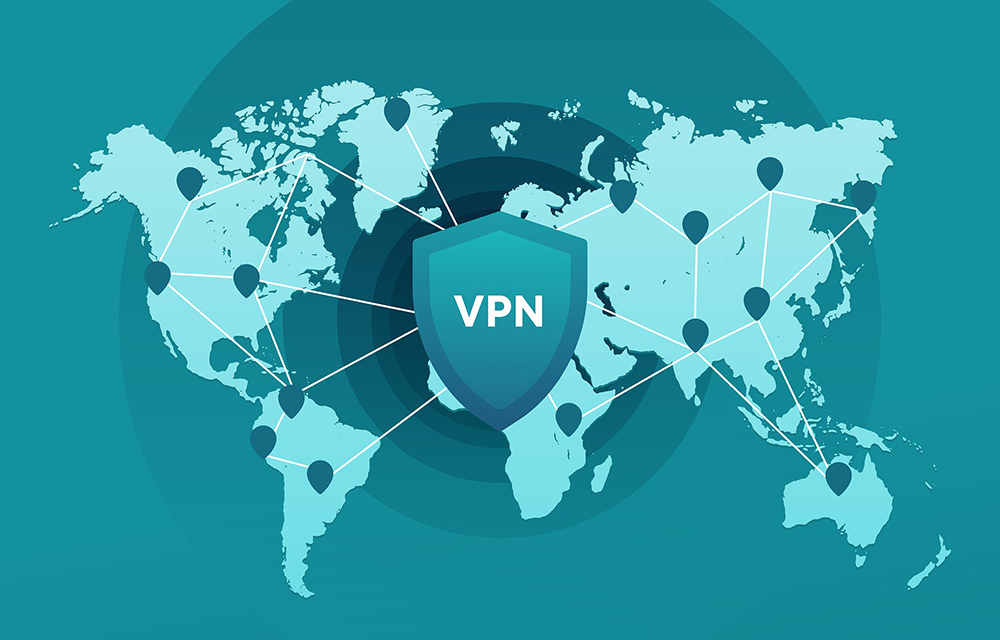Create a secure corporate network and make sure your valuable business data is protected at all times.

Image by Dan Nelson from Pixabay
Nowadays, a business VPN is a vital component of any company. Read on to find out why having a VPN is essential for your business. Initially, a VPN was designed to give internet users the freedom of access while surfing the web. These virtual private networks have gone a long way since their initial appearance. Today, many internet users value VPNs not only because of the extra security layer but for the bonus perks.
For any digital business, VPNs are the tools used to manage access to confidential resources and to protect sensitive data from external forces. Hence, they are integral elements of any security system. VPNs protect employees when they work remotely from their home or during travels.
After recognizing that data breaches are expensive and might ruin the company’s reputation, it is essential to have adequate response procedures. However, if you want to protect your company in advance, here are the variables you should focus on when looking for the best VPN service provider.
Not every VPN is the same. Different service providers can offer unique features that are not present in other products on the market. Since we’re talking about your business here, you have to go with a VPN solution that offers business-oriented features.
Online businesses depend on safe transmissions of information to ensure productivity and effective communication between departments and employees. The majority of businesses use cloud-based services, especially if they have remote workers. All sensitive data needs around-the-clock protection. Many cyber threats are lurking on the internet, and hackers can attempt to penetrate a system, network, or website at any given time.
Therefore, the best VPN solution for a business might be the one that offers a variety of features. Such a VPN provides essential services like central billing, malware protection, account management, and more. It also helps filter out the content from social media and streaming platforms to make sure your employees stay productive. With all this in mind, there are three main types of business VPNs:
For an average internet user, a VPN might be nothing more than a tool they use to bypass geo-blocking practices. In such cases, people usually opt for a private VPN. While their primary purpose is to protect you from surveillance and tracking, it is a cost-effective solution to having more freedom online. When it comes to businesses, a VPN becomes an essential element of protecting the company’s confidential data. Such a VPN should include the following security features.
Logging
The process of logging gathers records of each established connection. These connections flow in and out of a VPN server. Furthermore, the procedure also collects the employees’ original IP addresses. By using the logging feature, a business can audit these connections. If hackers manage to retrieve credentials for a successful login, they can penetrate the business network and steal sensitive business information. Therefore, a business needs to keep track of its employees and to make sure that external parties do not get access to valuable data.
Industry-standard encryption
The best way to prevent the loss and exploitation of data is to encrypt it into undecipherable format. When choosing a VPN, you must pay attention to the encryption protocols applied. While there are several options that might be used, some of them are outdated. Hence, a business VPN should guarantee swift and sound encryption of data.
Today, many VPN service providers offer business-specific features. However, even if your business already uses a VPN, it is important not to forget the additional security measures. When accessing the company’s network remotely, it is important to check whether the VPN is working as intended. Furthermore, cybersecurity training is one of the aspects that businesses might neglect. So, invest in such lessons to ensure that your staff knows how to react to suspicious emails or other attacks.
Scott Ellyson, CEO of East West Manufacturing, brings decades of global manufacturing and supply chain leadership to the conversation. In this episode, he shares practical insights on scaling operations, navigating complexity, and building resilient manufacturing networks in an increasingly connected world.